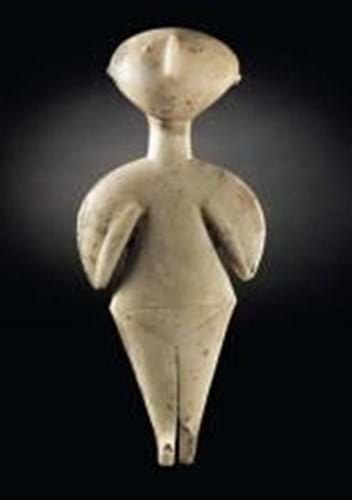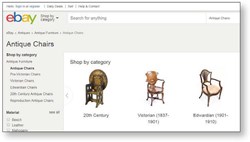
The so-called Guennol Stargazer was ‘sold’ by Christie’s at $12.5m (£9.7m) in New York in April but the successful bidder reneged after the Republic of Turkey described the idol as “stolen cultural property” under its antiquities laws.
Vigorous defence
Christie’s and its vendor are mounting a vigorous defence against any request to repatriate the antiquity, filing a 27-page motion to dismiss the case in a US District Court on August 28.
The brief casts doubt on Turkey’s claim to have first heard about the piece when it was advertised for sale in the spring. The document includes a detailed timeline documenting the ownership and exhibition history of the Stargazer since it was acquired ‘prior to 1966’ by the New York collectors Alastair and Edith Martin. It spent many years on display at the Metropolitan Museum of Art in New York.
“ Turkey knew the Guennol Stargazer was in New York 20 years ago and possibly earlier
“Turkey knew the Guennol Stargazer was in New York by 1997 – 20 years ago – and possibly earlier, and had all the information it needed to make a claim of ownership,” the litigants argue. Any claim made now, Christie’s contends, would therefore be outside the statute of limitations.
“Turkey’s view that it cannot act on all of its lost objects [and] is therefore justified in sitting on knowable and even known claims and then pursue them at its pleasure and convenience, is inconsistent with New York law and would set a disastrous precedent for collectors, museums and the art market.”
Turkey has said that each individual in the provenance chain “knew or should have known at that time that the idol had been looted from Turkey”.














